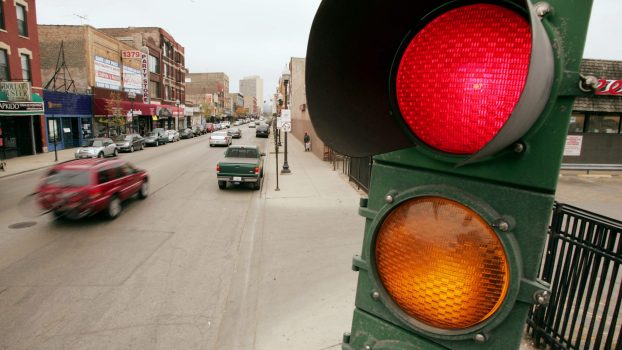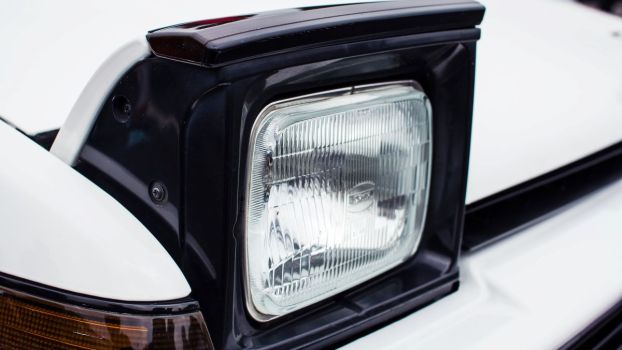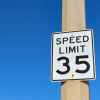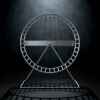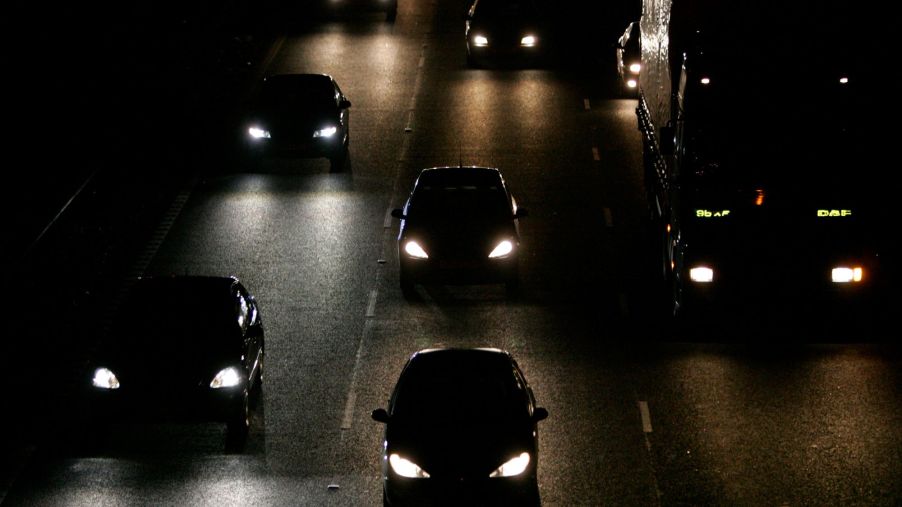
Flashing Headlights to Warn of Speed Traps Is Protected By the 1st Amendment But That Doesn’t Mean It’s Legal
Flashing headlights is not a new concept. We have all driven down the road and saw someone flash their lights a few times. It is used to communicate when there is something up ahead of you that they have already passed while driving. In most situations, it is a warning that a policeman is performing their duty ahead, whether checking for drunk drivers, waiting at a speed trap, or dealing with some other situation.
Regardless of why someone is flashing their lights at you, it will usually make you slow down and check yourself to ensure that you aren’t doing anything that could be considered illegal driving habits. However, is the driver who is flashing their lights at you doing something illegal?
Is flashing lights to warn of police a constitutional right?
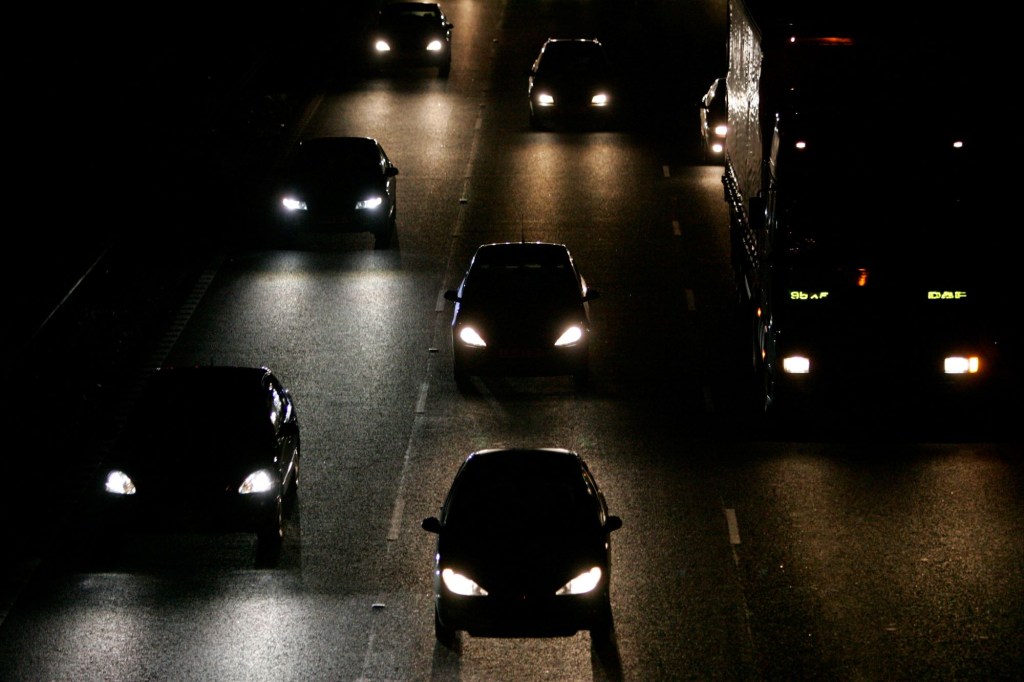
Do you have any way of knowing that the person you are flashing your lights for is doing something illegal or not? Can you tell if they are speeding down the highway if you are driving toward them? Or are you simply giving them the option to do the responsible thing?
These are the types of questions that have come out in courtrooms and blogs everywhere. Some people say that you have no way of knowing; you are simply alerting someone to the possibility of police action. Others say that flashing your lights to warn police ahead may deny justice where it is due.
This is an ongoing debate and has come into the courts on more than one occasion to try and figure out who is in the right or in the wrong. The Washington Post equates it to a lookout, warning their accomplice to stop robbing a bank. Should that be legal as freedom of speech as well?
Is there a legal reason to avoid flashing lights to warn of police?
According to The First Amendment Encyclopedia, it is viewed as a First Amendment right, and stopping it prevents our freedom of speech. One example of the controversy happened in 1976. It was a case between Warrensville HTS. V. Wason. The Ohio Appellate Court reversed a trial’s guilty verdict, stating that the defendant had not prevented the officer from issuing citations or making arrests.
“There was no evidence that other drivers had been speeding before seeing the defendant’s flashing headlights. Thus, the court held, the defendant had not interfered with official police duties.” The charge of flashing lights to warn others of a policeman was dropped.
With that in mind, there are still places within the United States where it is considered illegal to flash your lights. In states that do not penalize drivers for doing it, there could also be some risk. You could still receive a citation for instances such as obstructing an investigation, being found guilty of having flashing lights on your vehicle as in Louisiana, Maryland, and Washington, or guilty of shining your high beams into oncoming traffic in states such as Alaska, Arizona, Michigan, North Dakota, and a few others.
In California, it is legal as long as you are not on a multiple-lane highway. Flashing lights to warn others of police is legal in Florida and Minnesota. In Pennsylvania, you can flash your lights during the day but not at night. Missouri and Tennessee both say that it is protected under the First Amendment.
Basically, every state has different rules regarding flashing lights as a warning. It is much more widely accepted than radar detectors. When in doubt, you should always check the laws in your own state to find out what is legal.
Do flashing headlights cause safety concerns?
Are there hidden dangers to flashing headlights to warn of police? This seems to be the biggest part of the debate. Some people say that we shouldn’t flash our lights because the police need to get speeders and those who are driving recklessly off the roads, while others firmly stand behind the idea that you are supporting the police in their duties by encouraging others to obey the law.
When driving at night, there are also risks when you flash your headlights at someone. It can momentarily blind them because newer headlights are very bright. The effect can be worse if they are intoxicated. Therefore, if you are going to try and flash your lights to warn other drivers of something behind you, it is best to do it during daylight hours.
It is also important to think about how your flashing lights could be interpreted by the other driver. There have been urban legends that flashing your headlights could lead to a deadly gang initiation rite. Though this may not be 100% factual, flashing lights at someone and its meaning can be different depending on which area of the United States you are from.
